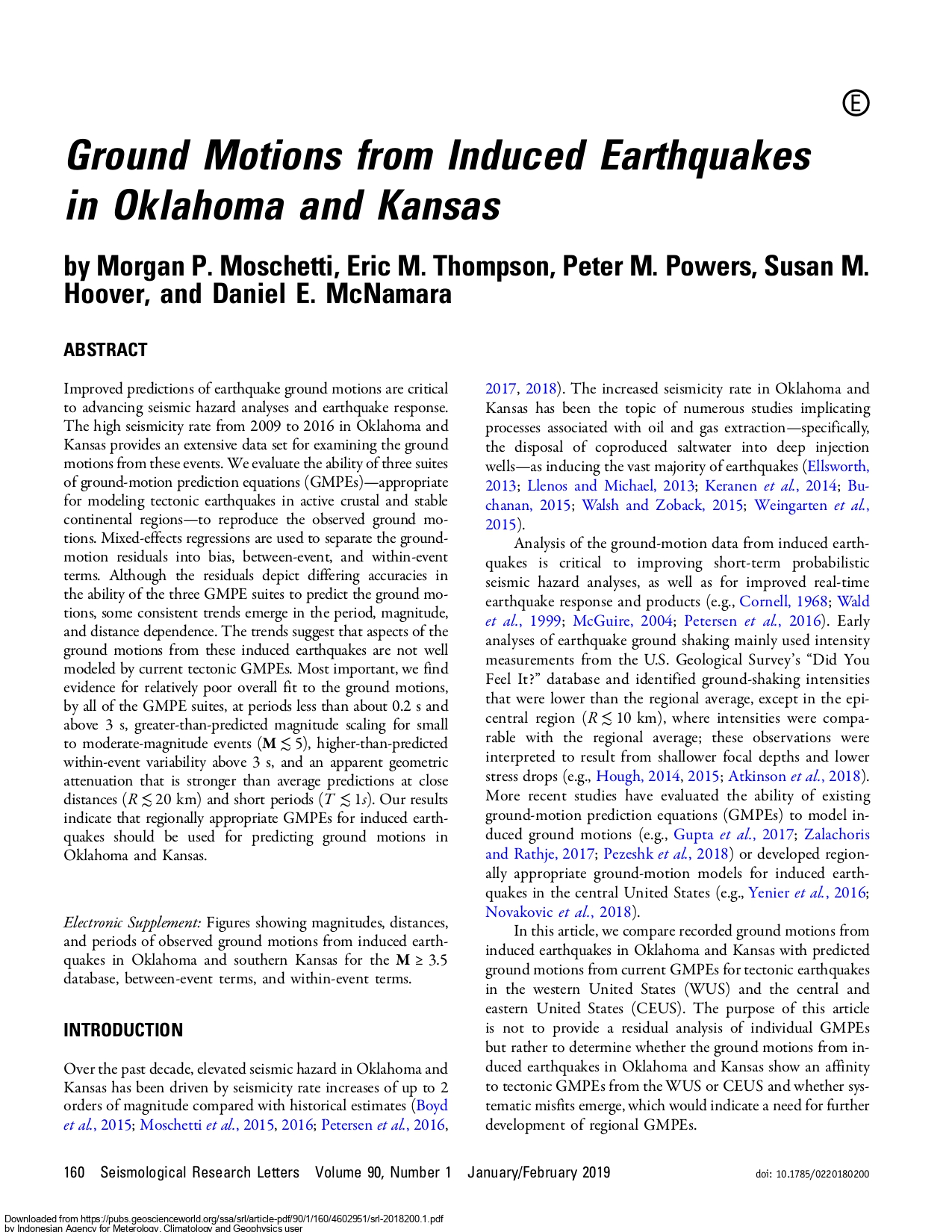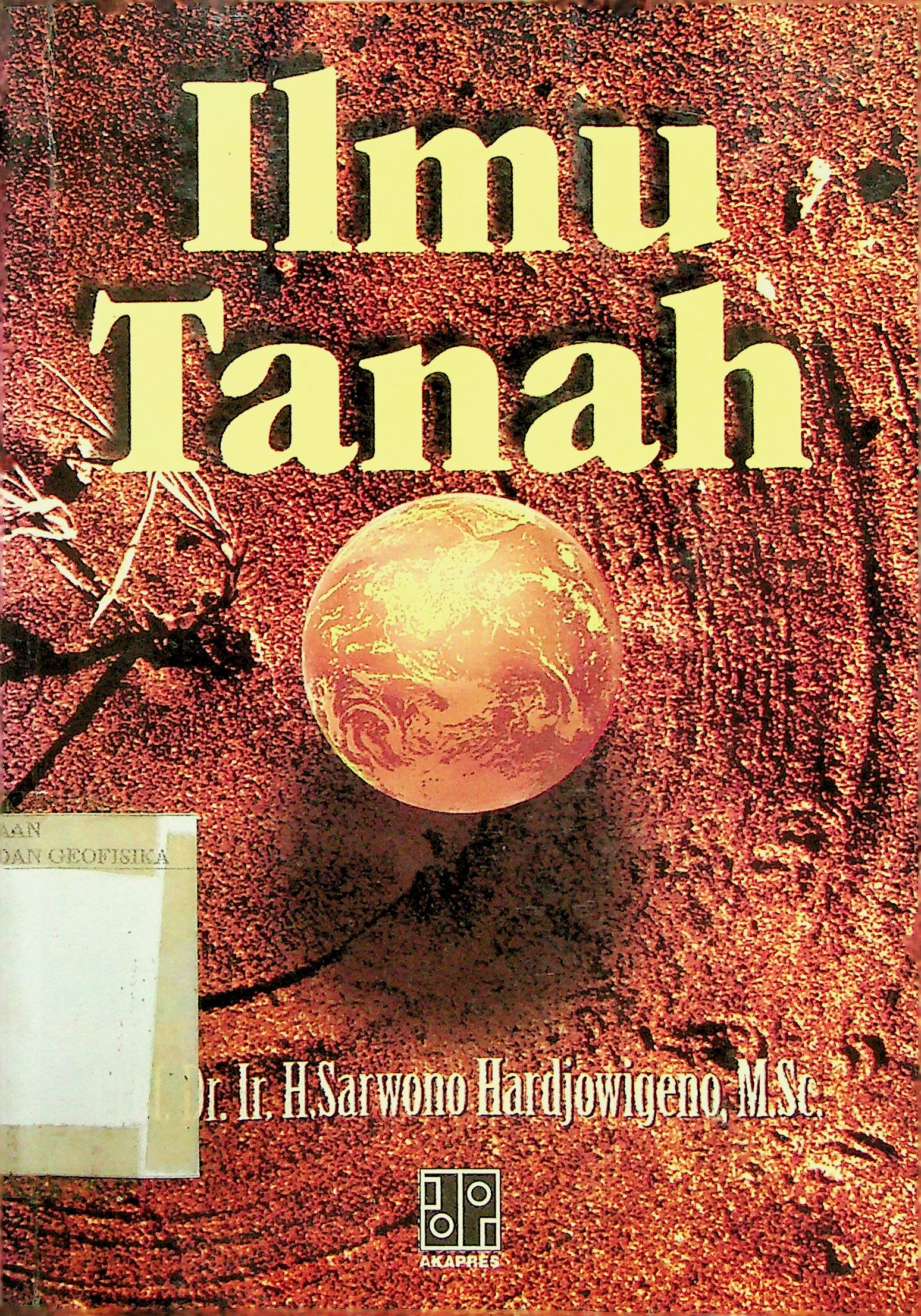Improved predictions of earthquake ground motions are critical to advancing seismic hazard analyses and earthquake response. The high seismicity rate from 2009 to 2016 in Oklahoma and Kansas provides an extensive data set for examining the ground motions from these events. We evaluate the ability of three suites of ground-motion prediction equations (GMPEs)—appropriate for modeling tectonic earthquakes in active crustal and stable continental regions—to reproduce the observed ground motions. Mixed-effects regressions are used to separate the groundmotion residuals into bias, between-event, and within-event terms. Although the residuals depict differing accuracies in the ability of the three GMPE suites to predict the ground motions, some consistent trends emerge in the period, magnitude, and distance dependence. The trends suggest that aspects of the ground motions from these induced earthquakes are not well modeled by current tectonic GMPEs. Most important, we find evidence for relatively poor overall fit to the ground motions, by all of the GMPE suites, at periods less than about 0.2 s and above 3 s, greater-than-predicted magnitude scaling for small to moderate-magnitude events (M ≲ 5), higher-than-predicted within-event variability above 3 s, and an apparent geometric attenuation that is stronger than average predictions at close distances (R ≲ 20 km) and short periods (T ≲ 1s). Our results indicate that regionally appropriate GMPEs for induced earthquakes should be used for predicting ground motions in Oklahoma and Kansas.
5
Ground Motions from Induced Earthquakes in Oklahoma and Kansas
Morgan P. Moschetti et al.
Penerbit :
Seismological Research Letters
Tahun :
2019
epaper
Geofisika
-
No Scan-
-
No Klasifikasi551.22
-
ISBN-
-
ISSN-
-
No Registrasi-
-
Lokasi TerbitUnited States
-
Jumlah Hal11
-
Label-
-
Versi DigitalTIDAK
-
Versi FisikTIDAK
-
Lokasi Rak Buku Fisik//
-
Jumlah Exemplar Fisik Tersedia-




